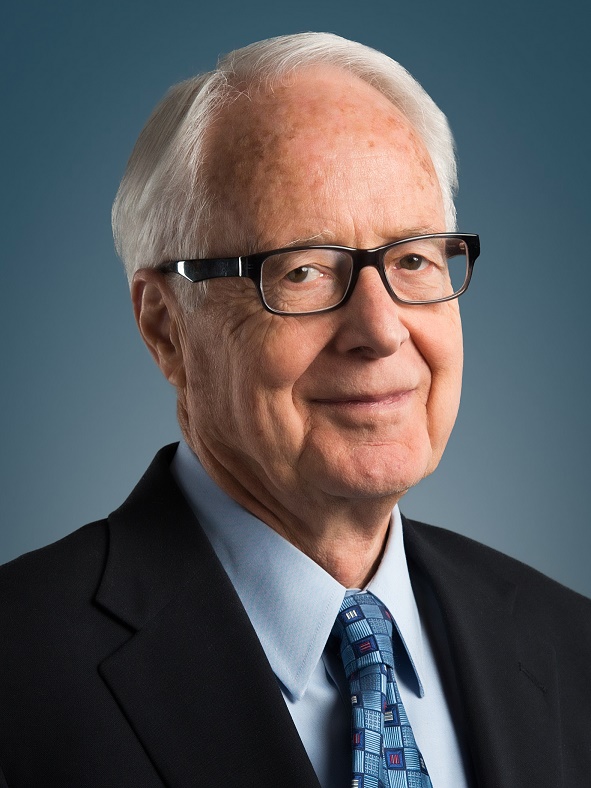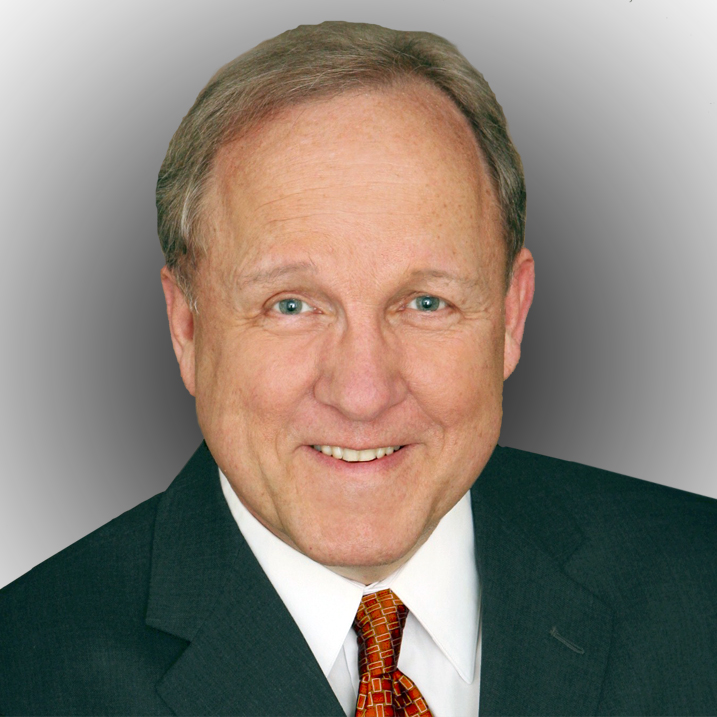
Mother Teresa, it should be remembered, didn’t walk around complaining about her thighs. She had work to do.
The emphasis on developing strengths—as opposed to hang-wringing over weaknesses—has gained a lot of popularity in recent years. Half a century ago Peter Drucker wrote that “to make strength productive is the unique purpose of the organization” and, by extension, of the individual.
Marcus Buckingham and Donald Clifton later concluded from Gallup research that far too much emphasis had been placed on people’s weaknesses. Their book Now Develop Your Strengthshelped launch the “strengths movement.”
Now there’s Jack Zenger. He’s devoted an entire career to studying the factors that enable leaders to perform at significantly higher levels than the norm. His latest book is How to Be Exceptional: Drive Leadership Success By Magnifying Your Strengths.
Rodger Dean Duncan: In the personal development world, focusing on strengths has become almost an industry in and of itself. What’s the status of that focus now?
Jack Zenger: The practice of having leaders place greater emphasis on their strengths versus trying to fix their weaknesses has become widely accepted. A good deal has been written and published about it. I fully support that message because our research strongly confirms the validity of that practice.
The first edition of The Extraordinary Leader was published in 2001. Our research was done concurrently with research by Buckingham and Clifton. Our book focused on leaders and leadership strengths rather than on those of the frontline workforce. We presented evidence that the most effective leaders are those who often possess as few as four or five strengths.
Duncan: What’s the basis of your conclusion
Zenger: Our initial research was based on 360-degree feedback data collected from 200,000 respondents pertaining to 20,000 leaders. This research defined a strength as a competency exhibited at an extremely high level. We used the 90th percentile as the arbitrary cutoff point. Fortunately, we had data on business results produced by the leaders being measured, so that 360-degree feedback that described leadership strengths could be compared with various business outcomes.
Our research identified behaviors that are significantly correlated with key leadership competencies that hold out promise as methods for helping leaders further develop their strengths.
Duncan: What else did you learn?

Zenger: In addition, our research emphasized the importance of selecting strengths that not only represent competencies that are moderate strengths, but that ideally leaders will identify those competencies about which they had some passion.
Even more noteworthy, however, is the additional requirement that this be something important to the organization in which they work. This combination of competence, passion and organization need determines those strengths to be developed.
Duncan: You write that exceptional people, like everyone else, have weaknesses. So what makes them exceptional? What do they do that raises them above the pack?
Zenger: No one is universally good at everything. It’s not at all unusual for extraordinary leaders to have some weaknesses. Having said that, it’s not common for them to have serious deficiencies that fall in the area of what we call “fatal flaws.” Extraordinary leaders are seldom really horrible at an important leadership competency.
Duncan: Why is elevating your strengths more likely to improve performance than eliminating (or at least decreasing the impact of) your weaknesses? What kind of strengths are most likely—when leveraged—to enable a person to become exceptional?
Zenger: Correcting a weakness is usually a fairly straightforward process. For example, let’s take someone who’s determined not to be strategic in their thinking. Taking courses, reading books, and being coached by a highly strategic colleague are all activities that would probably begin to help. Moving from an extremely low spot on the curve to being average is a relatively well-defined path.
However, someone who is at the 80th percentile, who wants to become truly extraordinary, is faced with a different question. That person is apt to think or say, “I’ve read that book,” or “I’ve taken that course.” If you are reasonably good at something, the path seems to be a different one.
Here we apply a concept that’s quite familiar to those in the world of athletics. The idea is cross-training. Aspiring athletes often engage in activities that have been shown to help in the development of a specific skill. So a tennis player may lift weights, run long distances, bicycle, jump rope and engage in a variety of other activities.
We’ve found that for every differentiating competency there are a number of other behaviors that are statistically correlated to it. We believe that deliberately engaging in these behaviors that are statistically correlated will help in someone’s development of the target competency.
Duncan: So what’s the bottom line?
Zenger: Elevating strengths is far more likely to elevate someone into the realms of being an extraordinary leader than focusing on their lower scores or weaknesses.
Erasing weaknesses tends to bring people from the bottom quartile or decile up to the mean average, but it does not take them beyond that. Fixing weaknesses clearly has benefit and people can make dramatic improvement because they start from a low base. But simply removing weaknesses does not elevate people to being extraordinary leaders. That is reserved for people who develop several strengths.
Duncan: In the absence of 360-degree feedback or any other formalized data-gathering system, how can a person collect information that can be helpful in self-development? In other words, what’s a good way to select competencies to develop?
Zenger: Without 360-degree feedback, it’s more difficult to get an accurate assessment of one’s strengths and weaknesses. However, thoughtful interviews with colleagues who know you well and who are “truth tellers” can give you good information. Interviewing a boss who is both perceptive and who cares about your development can also provide good information.
Duncan: Some organizations focus their leadership development resources on senior level personnel, depriving lower-level people of such opportunities until they “graduate” to higher titles on the organization chart (sometimes by attrition rather than by actual merit). What’s the danger of such an approach?
Zenger: Organizations that provide leadership development only for senior people are making a huge mistake. We believe that the most successful organizations in the long run will be those that recognized the need for leadership at all levels. Therefore, development for first level supervisors, middle managers and upper middle managers is vital. They are the leaders of the future.
In fact, we are strong believers that individual contributors deserve leadership development as preparation for their ultimate movement into positions of management and leadership.
We conducted a study with several client organizations and discovered that there were more people participating in leadership development who were over the age of 60 than there were below the age of 30. When that was called to their attention, they saw the opportunity they were missing.
Duncan: What advice can you offer someone who genuinely wants to become an exceptional performer but is in an organization that provides no formal learning and development opportunities?
Zenger: Create your own plan and diligently work to execute it.
We believe that virtually every job can be a valuable laboratory or classroom for leadership development. Many of the important skills required of an effective leader can be practiced regardless of what one’s current job is.
You can practice taking initiative. You can practice being a good problem-solver. You can practice collaboration and teamwork. All of the differentiating competencies that our research identified are involved in most positions. Reading good books on management and leadership can provide the theory.
Then it’s a matter of deliberately practicing some of those ideas and seeking feedback from your colleagues and boss regarding your effectiveness in implementing them.

